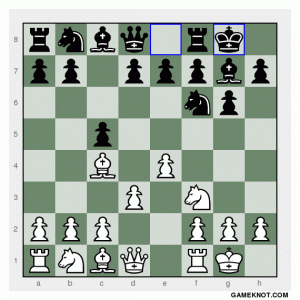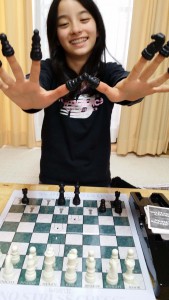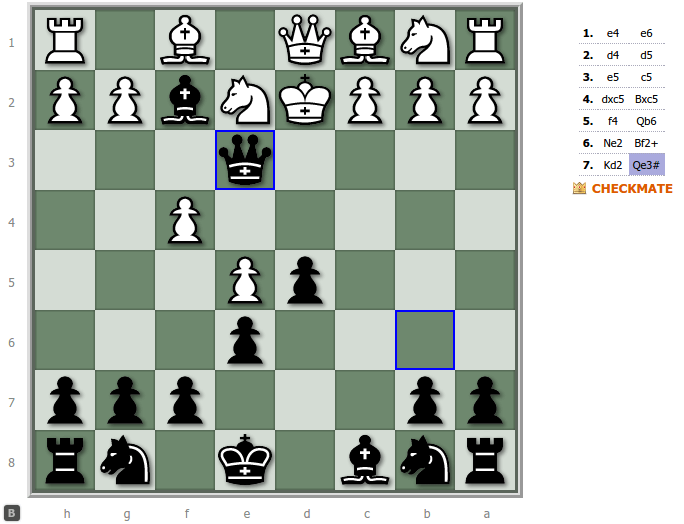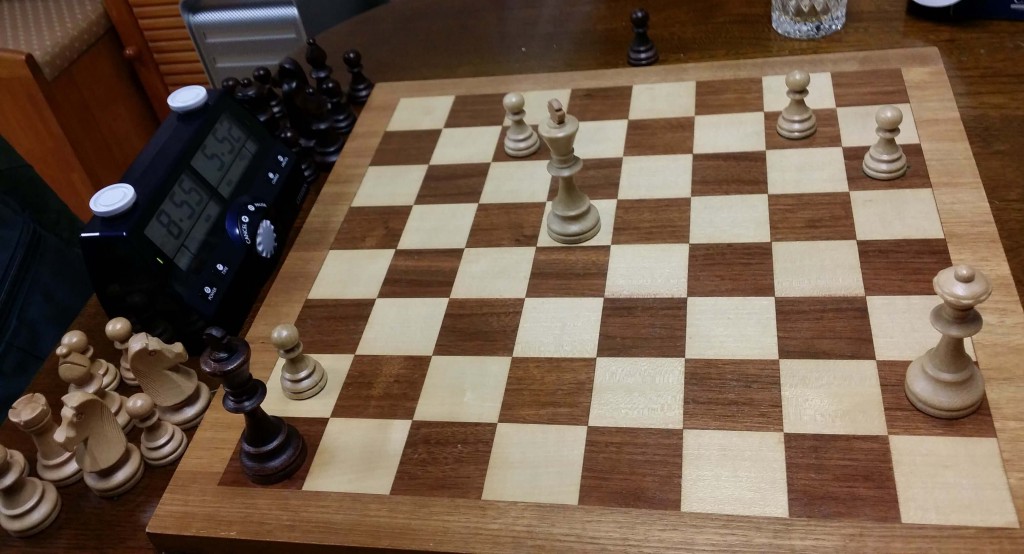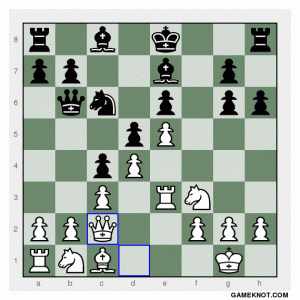
Here is another look at how in chess castling can sometimes get you into trouble.
Click the link for my previous castling in chess blog post.
In this game, which I played on Gameknot against a player rated at the time in the lower 1600s (and with an all-time-high ranking of 1691), my opponent, playing Black, castled into danger on the kingside.
In the illustration, the critical moment has arrived. Black’s kingside pawn structure has been disrupted by an exchange of minor pieces, leaving an undefended Black pawn on g6. Now would not be a good time for Black to castle on the kingside, but that is exactly what Black did!
